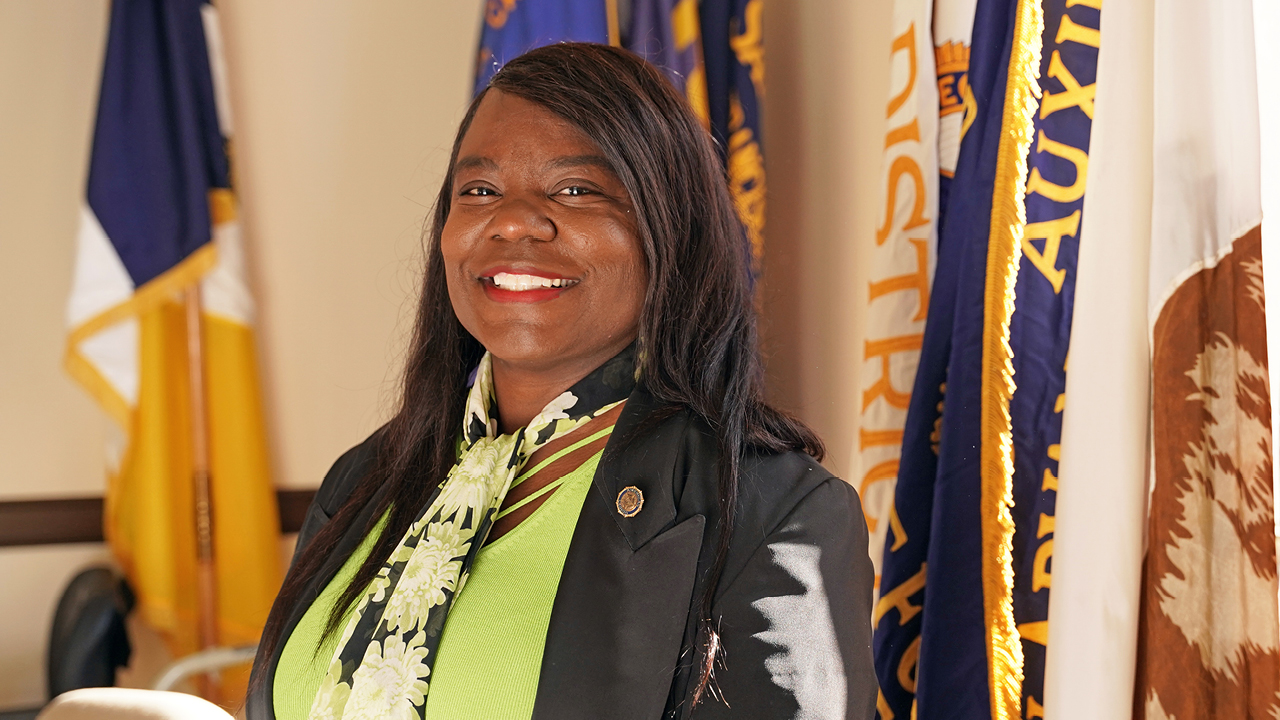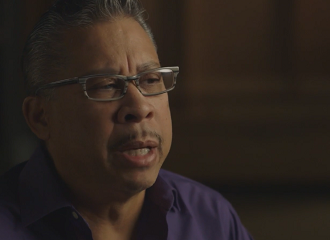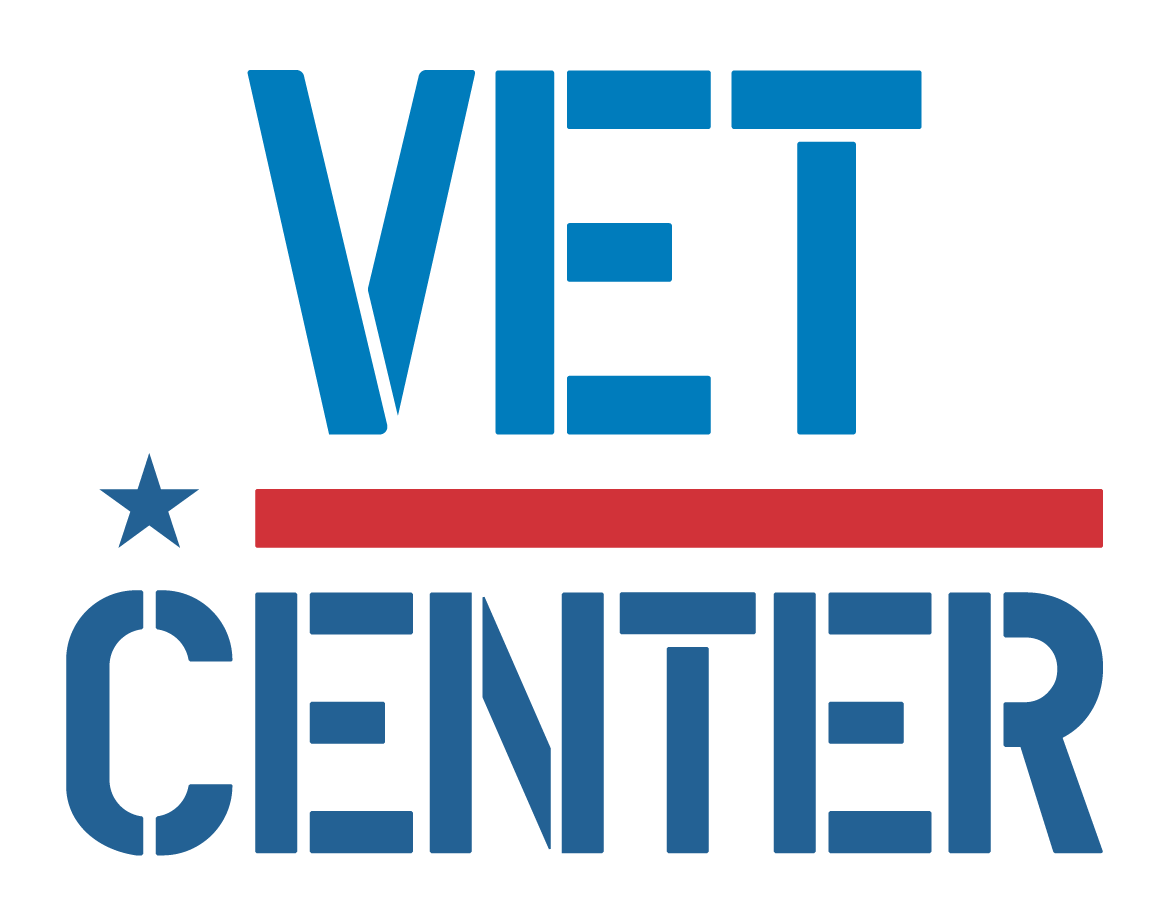Stressful situations can be challenging for anyone to manage, and everyone handles stress differently. While you may wonder if your response to a stressful event is typical, try not to compare your reaction with how you think other people would have responded. Many people seem fine to others even when they're actually having a hard time with stress in private.
When considering whether it's time to seek help, think about whether your response makes life difficult for you and affects your day-to-day functioning. These are some symptoms to look out for:
- Sadness
- Anxiety and nervousness
- Trouble sleeping
- Having a hard time concentrating
- Reckless behavior
- Withdrawal or isolation from people and social activities
- Feeling trapped and/or without hope that your situation will improve
These symptoms are similar to those for other mental health challenges. A health or mental health professional can help accurately pinpoint the problem and let you know your options.
If you're having thoughts of suicide or thinking that others would be better off without you, it's important that you talk to someone right away. Contact the Veterans Crisis Line, Dial 988 then Press 1, use the online chat service, or send a text message to 838255. These services offer free, confidential support, 24 hours a day, 7 days a week, 365 days a year.
There are steps you can take to help get yourself on a better track and manage your symptoms, whether or not you decide to seek treatment:
- Exercise regularly. Physical activity can boost your mood and clear your mind.
- Eat healthy meals. Good nutrition helps your body and your mind.
- Try to get a good night’s sleep. Getting quality sleep can help you feel better during the day.
- Practice relaxation methods, such as deep breathing or spending quiet time alone.
- Make time for a hobby or other activity you enjoy.
- Talk with other Veterans, family members, or friends with experiences similar to yours.
Treatment for an adjustment disorder can lead to positive and meaningful changes in symptoms and quality of life. Veterans of all ages and eras have been treated successfully.
“Just trying to avoid it, hoping it would go away, wasn’t working. My family and I had to do something. It was worth the effort to keep on trying to get better.”
Treatment for adjustment disorders usually involves counseling. Counseling can help you learn new ways of thinking, practice positive behaviors, and take active steps to cope with the challenges you face. Medications can also help with the symptoms of an adjustment disorder, such as anxiety or difficulty sleeping. Often, an adjustment disorder requires treatment for only a brief amount of time.
Your family members and close friends may be the first to notice that you’re having a tough time. You may want to talk to them about what you’re experiencing, and they may be able to provide support. If you're experiencing symptoms that are negatively affecting your quality of life, you may want to see a professional for further assessment. The sooner you seek help, the sooner you will begin to feel better.
Every day, Veterans from all military service branches and eras connect with proven resources and effective treatments. Here’s how to take the next step: the one that’s right for you.
New to VA? Apply for health care benefits.
- Getting started is simple. Create a free account online to help ease your enrollment process. To prepare to apply for VA health care in person, by telephone, or by mail, explore VA’s “How to Apply for VA Health Care” page.
- Not sure whether you are eligible for VA health care benefits? Read about eligibility for VA health care.
- Unsure of what kind of help you need? Call 877-222-VETS (877-222-8387) to find the right resources to meet your needs, Monday through Friday, 8:00 a.m. to 8:00 p.m. ET. If you have hearing loss, call TTY: 800-877-8339.
- Veterans’ family members and caregivers can see whether they qualify for VA medical benefits as a spouse, surviving spouse, dependent child, or caregiver. Explore family and caregiver health benefits.
Already enrolled in VA and interested in mental health support? Schedule a mental health appointment.
- If you’re already enrolled in and using VA health care, the fastest way to schedule VA appointments is to call the VA facility where you want to receive care.
- With VA appointments tools, you can schedule some VA health care appointments online, view details about upcoming appointments, and organize your health care calendar.
- If you’re not using VA medical services, contact your nearest VA medical center or Vet Center to talk about your needs.
What about other options at VA? VA offers a variety of tools and resources.
- The Veteran Training online self-help portal includes modules on managing anger, developing parenting and problem-solving skills, and more.
- Mental health apps for Veterans cover a variety of topics, ranging from PTSD to anger management to quitting smoking.
- VA TeleMental Health connects you with a VA mental health provider through a computer or mobile device in your home or at your nearest VA health facility. You can learn more about this option from your local VA medical center.
- Community-based Vet Centers provide confidential counseling, community engagement and referral services to eligible individuals and their families. You don’t need to be enrolled in VA healthcare or have a service connection to receive services. Find a Vet Center near you or call 877-927-8387, 24/7 to talk with a fellow Veteran about your experiences.
What about support outside of VA?
FindTreatment.gov and the National Resource Directory list programs outside of VA. Use these tools to find resources near you.
Learn more about what you can do if you are experiencing specific concerns related to adjustment disorders, such as problems with family and relationships, transitioning from service, alcohol or drug problems, and anger and irritability.











